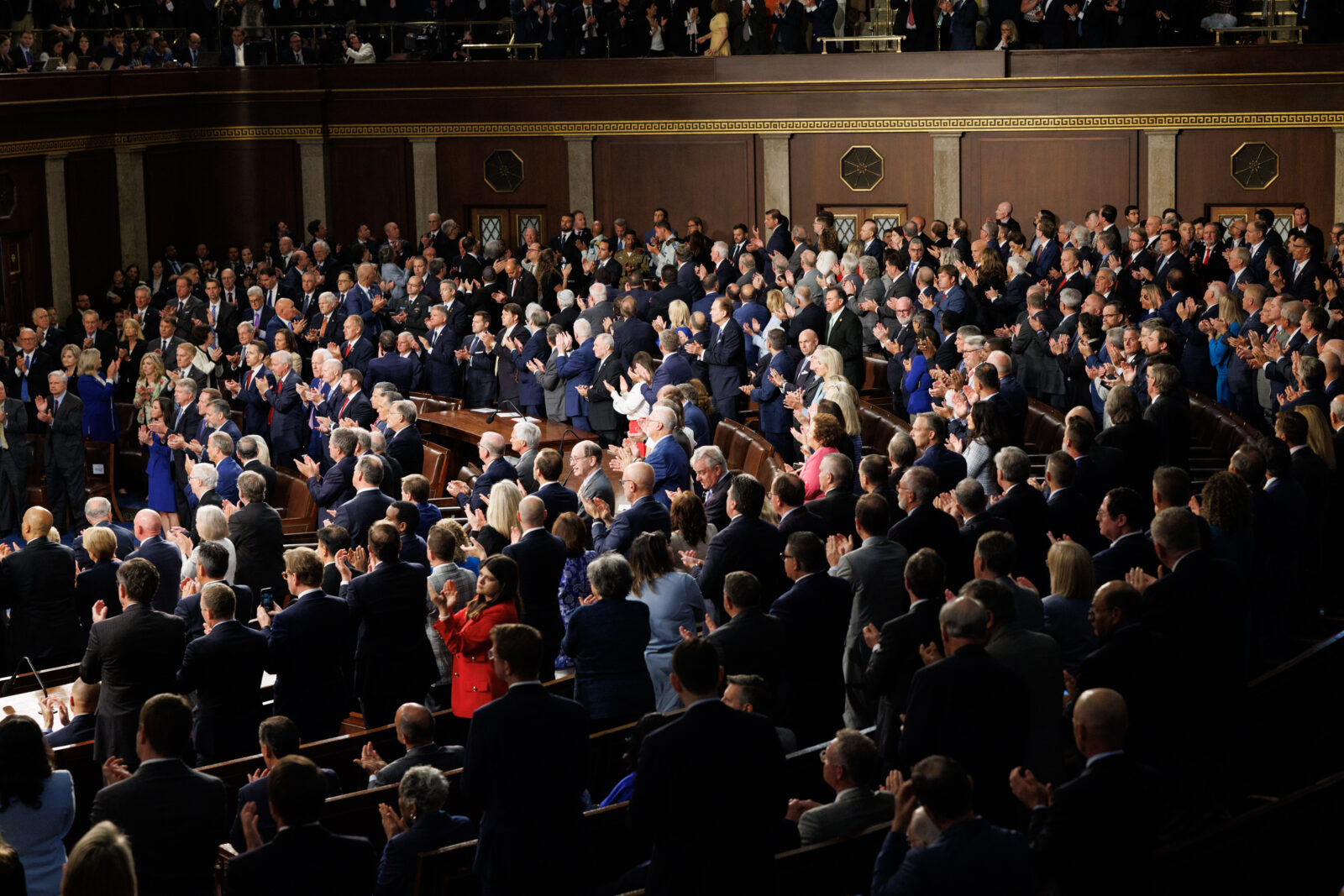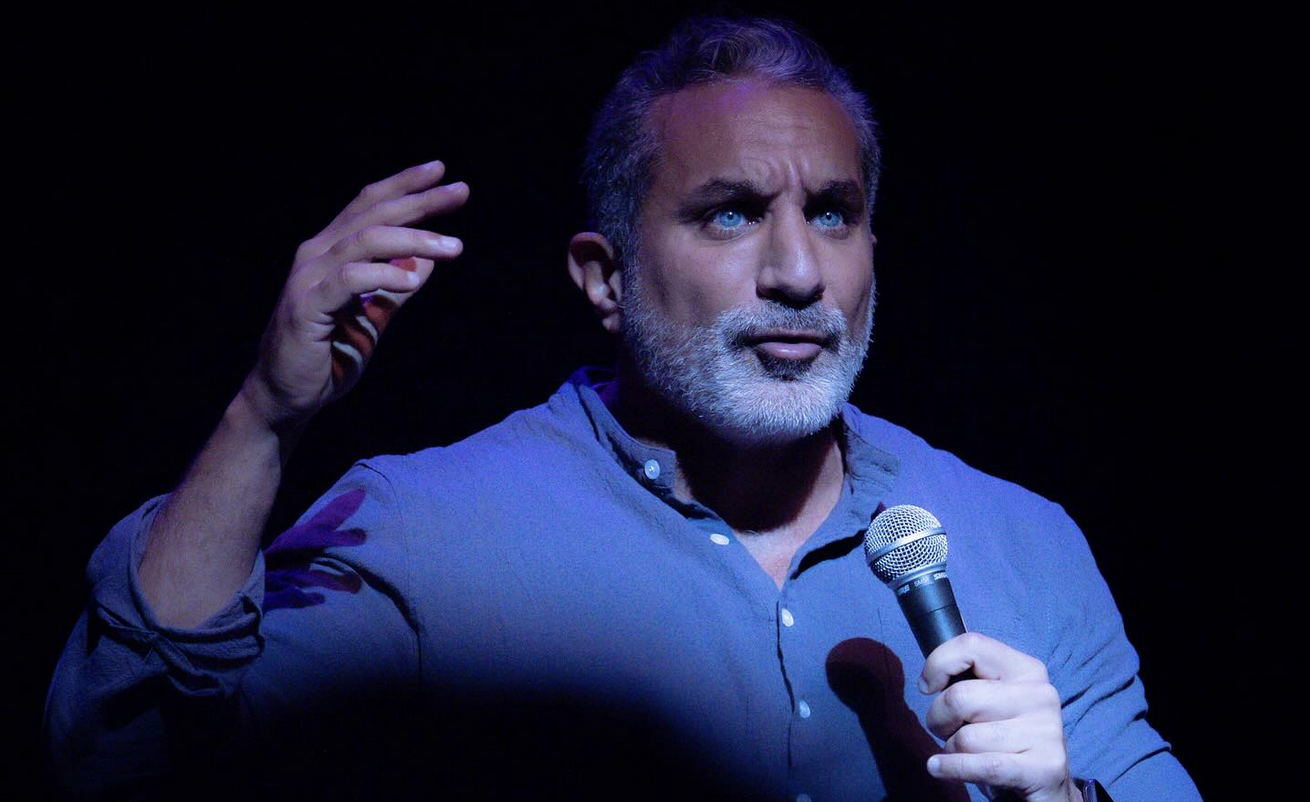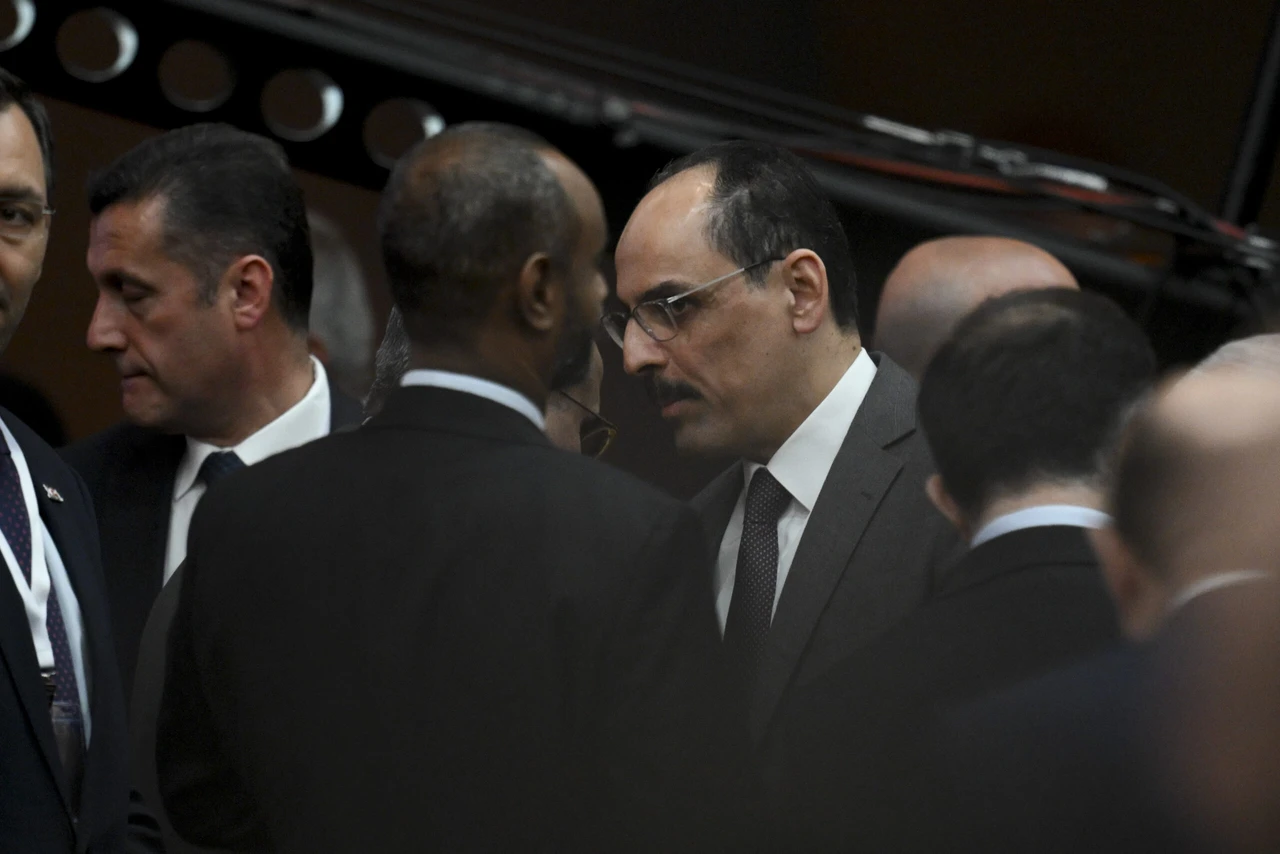Egyptian comedian Bassem Youssef mocks Netanyahu in viral video about ICC trial
 Bassem Youssef attends the 23rd annual Mark Twain Prize for American Humor, Washington, United States, April 24, 2022. (AFP Photo)
Bassem Youssef attends the 23rd annual Mark Twain Prize for American Humor, Washington, United States, April 24, 2022. (AFP Photo)
Egyptian comedian Bassem Youssef released a satirical music video titled “Bibi’s Trial,” where he portrays Israeli Prime Minister Benjamin Netanyahu facing trial at the International Criminal Court (ICC).
Youssef, widely known for his biting political humor, plays the role of the ICC trial’s chief judge, delivering a pointed critique of Netanyahu’s actions, particularly in Gaza. The video quickly gained attention after its release, adding to Youssef’s already viral status following his comments about the Gaza conflict.
Egyptian comedian Youssef criticizes Netanyahu with fictional ICC trial performance
The video opens with Palestinian supporters chanting “Free Palestine” as the courtroom scene begins. Youssef humorously dismisses the need for formalities, announcing, “No need to rise. The ICC is here.”
He then delivered a harsh ruling against Netanyahu, saying, “The verdict is simple: guilty. I’ve made my decision. Straight to jail. Bibi, your time is up. What was the case number again? Oh, I forgot. I lost track of the number of innocent people you kill every day.” These remarks, laced with sarcasm, directly challenged Netanyahu’s role in the ongoing violence in Gaza.
The video includes Egyptian filmmaker and journalist Amjad Al Nour, who plays Netanyahu’s lawyer. In his role, Nour mocks the legitimacy of the ICC, sarcastically asking: “Is there a country called Palestine? I can’t seem to find it on my map.” His line emphasizes the political disputes surrounding Palestinian statehood and its representation in global forums like the ICC.

Egyptian comedian’s satirical commentary on American support for Israel
Besides criticizing Netanyahu, the video also aims at U.S. support for Israel. Dancers dressed in outfits featuring the American flag chant, “Who’s in charge of the ICC? Yankee superiority must prevail.” Nour, acting as a conductor, orchestrates this performance, directing a jury, depicted as puppets, to applaud the statements. The scene underscores Youssef’s satirical approach, highlighting perceived American influence in global politics and its impact on the Israeli-Palestinian conflict.
This music video follows the release of a documentary titled “The Bibi Files,” which reveals never-before-seen footage of police interrogations involving Netanyahu. The documentary connects Netanyahu’s ongoing corruption trial to larger issues in the Middle East, including the Oct. 7 Hamas attack on Israel and the continued unrest in Gaza.
Directed by Alexis Bloom and Alex Gibney, “The Bibi Files” documents Netanyahu’s legal challenges, such as receiving lavish gifts from billionaires, and his attempts to avoid prosecution. This connection further fuels Youssef’s satirical portrayal of Netanyahu’s trial in Bibi’s Trial.
Youssef’s video also comes shortly after his widely discussed appearance on Piers Morgan’s “Uncensored,” where he criticized Israeli actions in Gaza. He pointedly responded to American columnist Ben Shapiro’s call for Israeli annexation of Gaza, referencing the ongoing casualties.
“How many more people need to die for Ben Shapiro to be happy?” Youssef asked, addressing the violence that has already claimed over 3,500 lives. His remarks gained significant traction online, sparking debate and elevating the visibility of his stance on the conflict.

Social media impact, Youssef’s pro-Palestinian stance
Youssef has faced consequences for his outspoken views. His X (formerly known as Twitter) account, which boasted 11.7 million followers, was suspended following his vocal support for Palestine.
Despite the suspension, Youssef remains resolute, continuing to challenge political narratives surrounding the conflict. Reflecting on his approach, Youssef explained: “You can love living in a country, but that doesn’t mean you have to agree with its politics. I try to voice my concerns whenever I can.”
Through Bibi’s Trial, Youssef offers a direct critique of Netanyahu’s policies and the broader geopolitical forces at play.
The video, combining humor with sharp political commentary, echoes Youssef’s long-standing tradition of using satire as a tool to engage with pressing issues in the Middle East.



